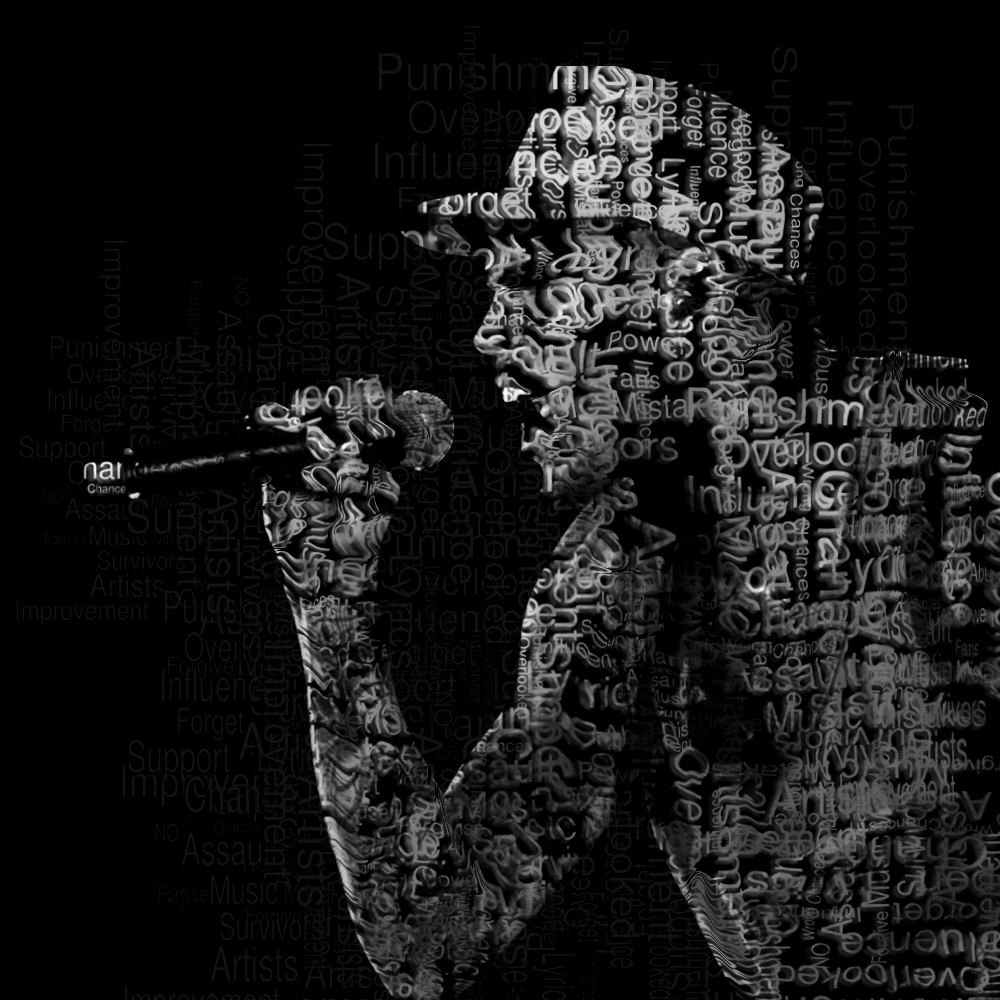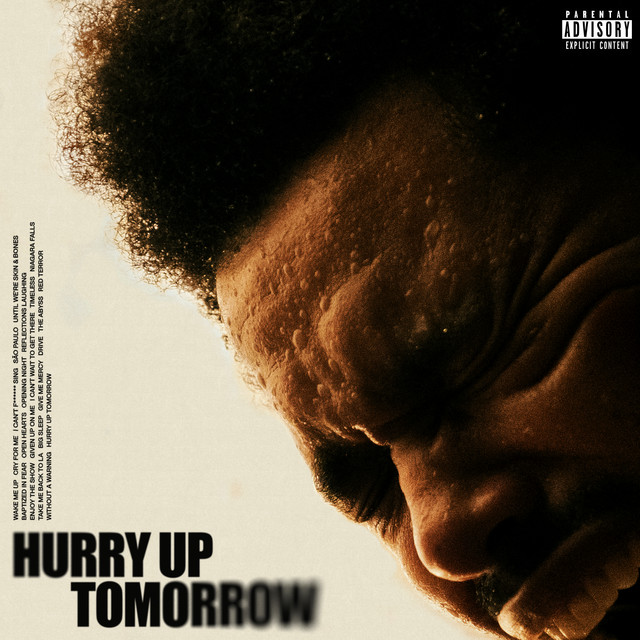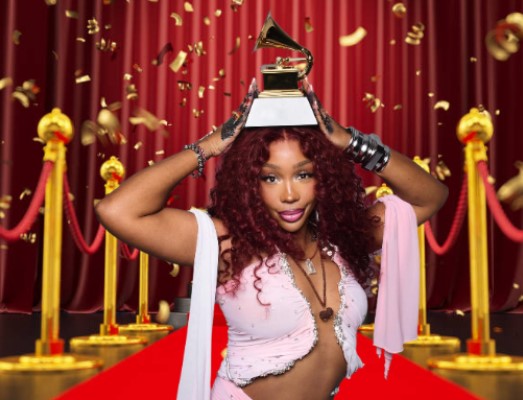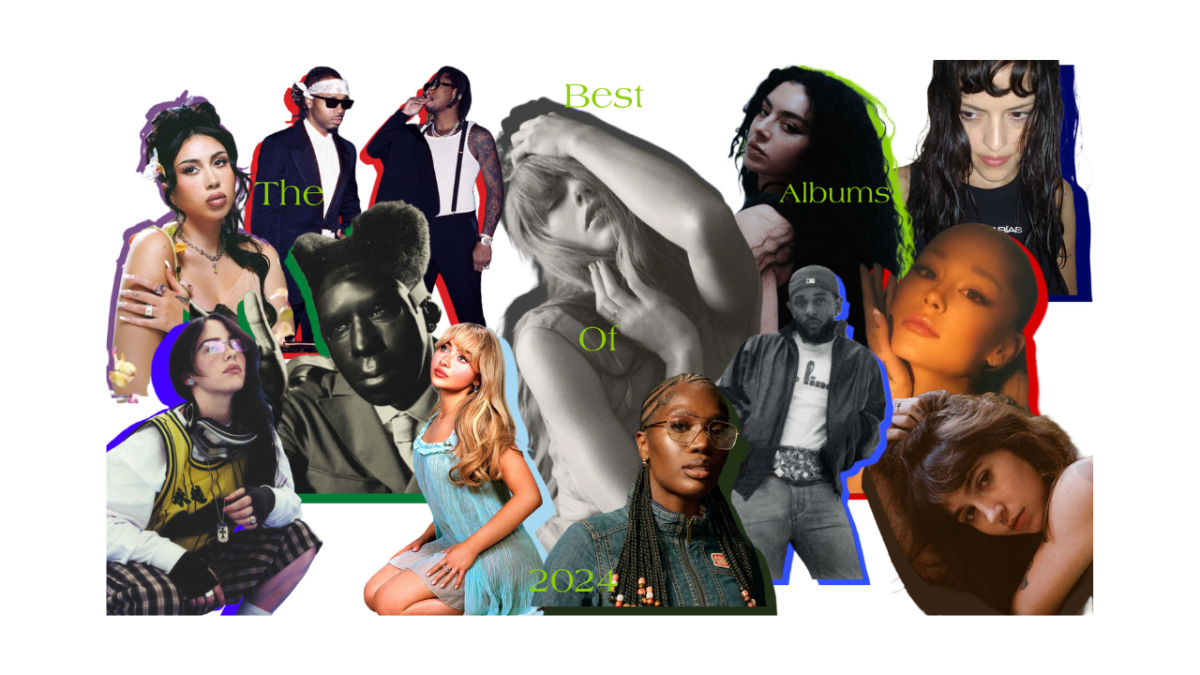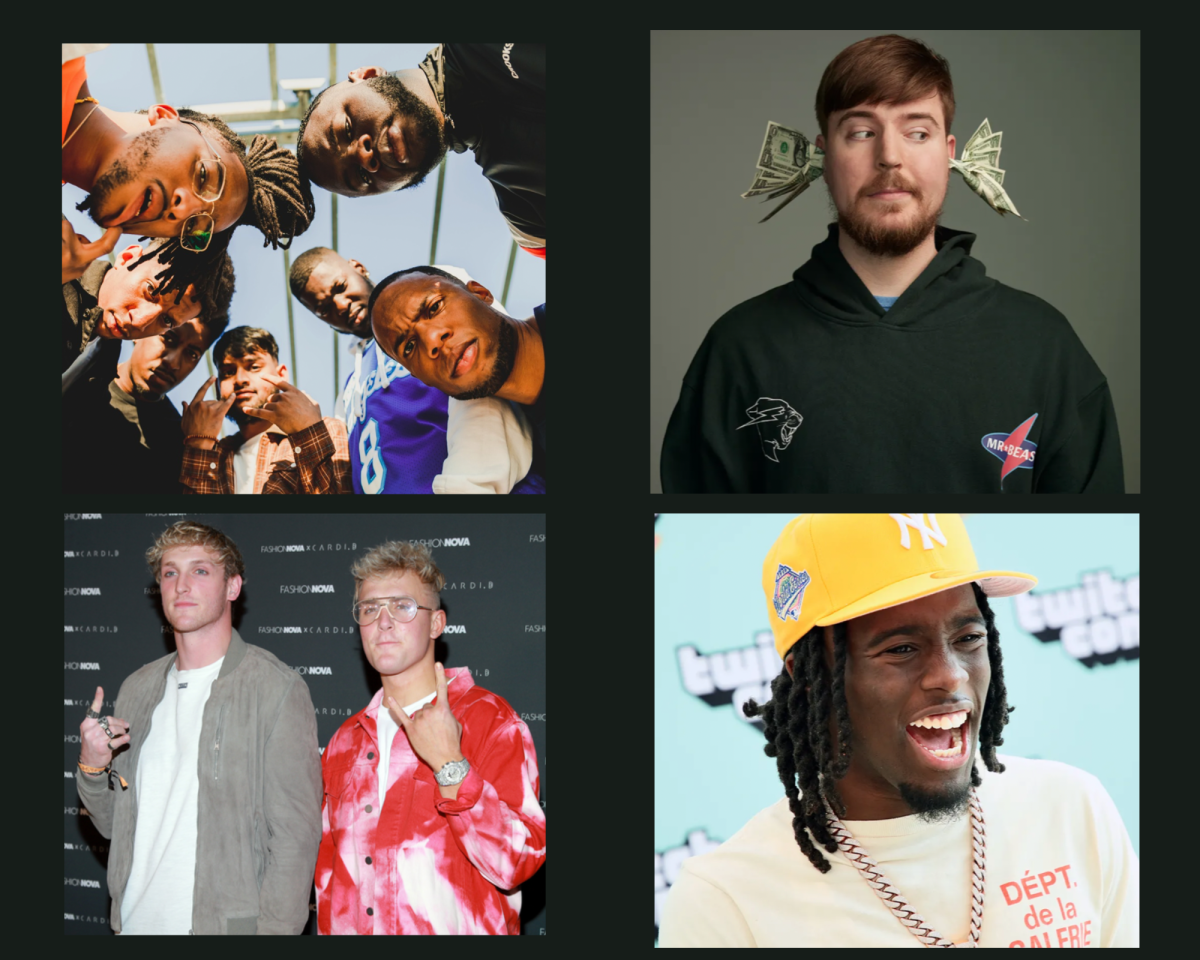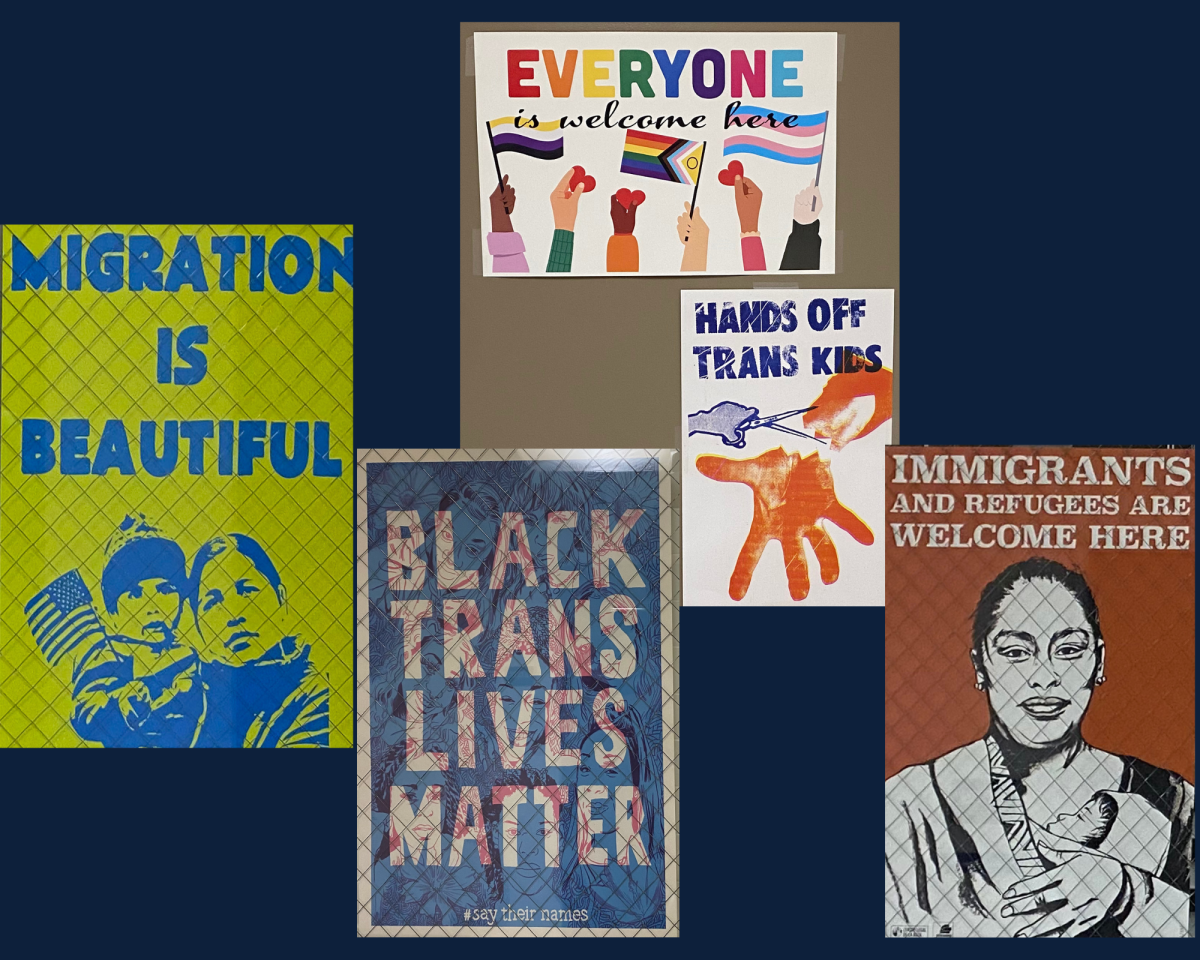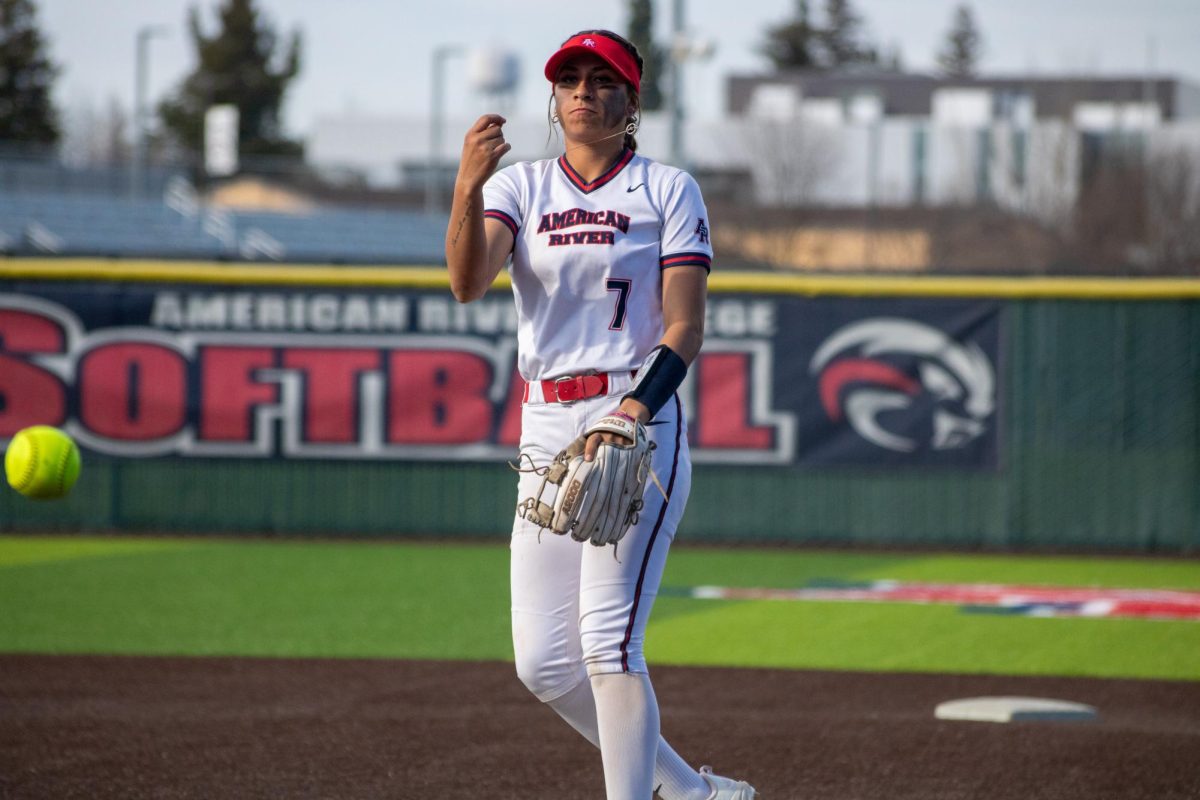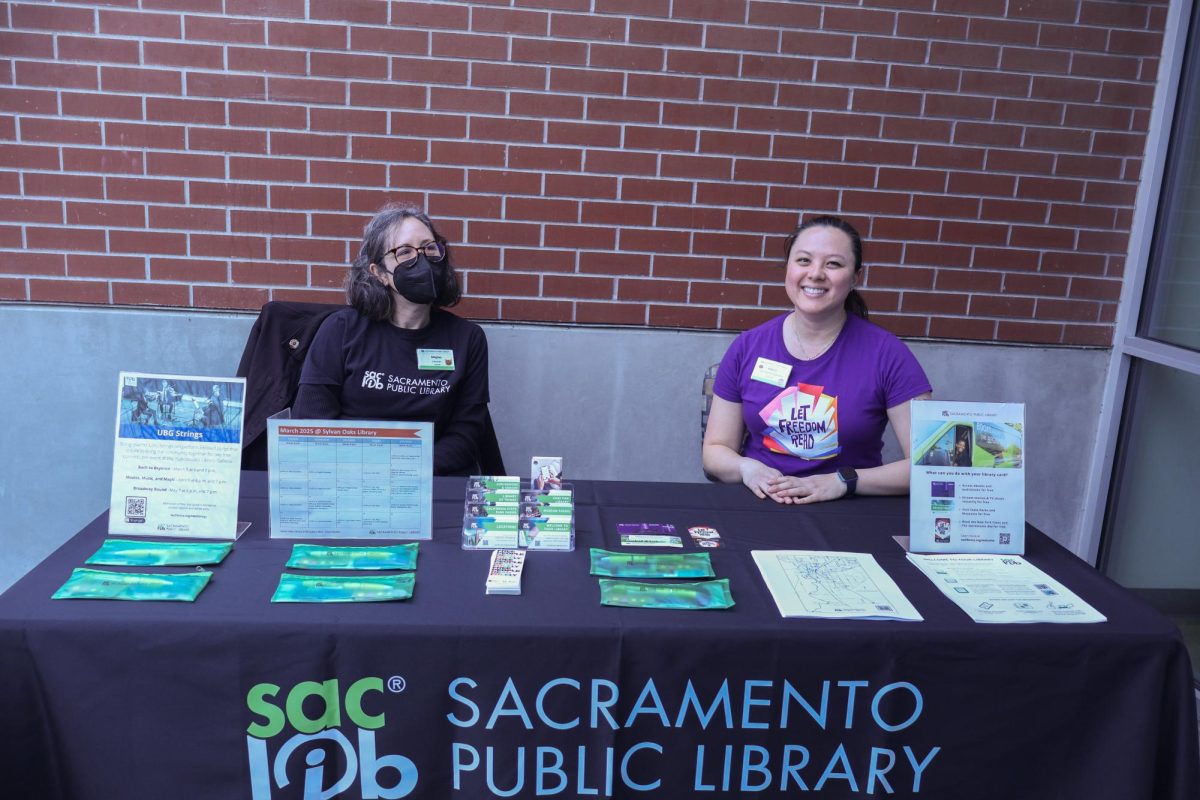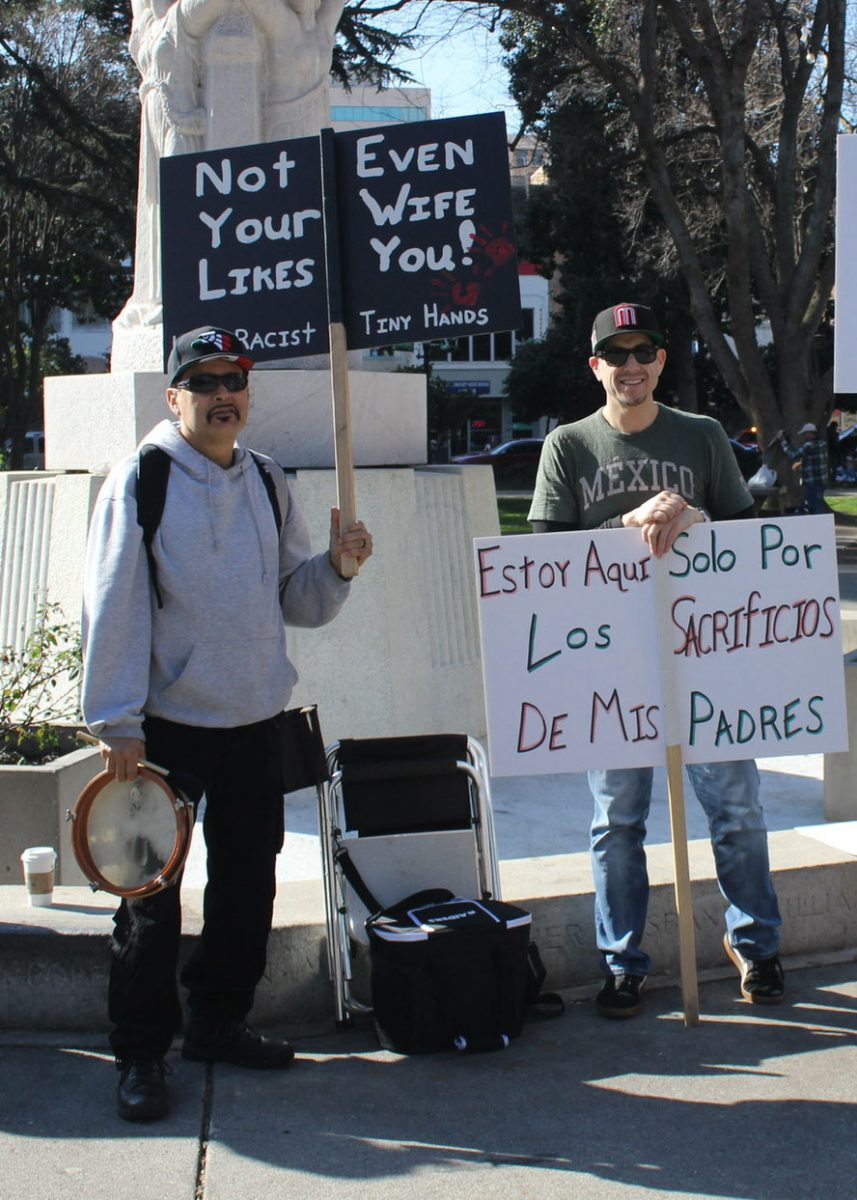It happens time and time again, yet nothing changes as a consequence. A wide range of examples can be found, but still, the show is sold out.
New charges of sexually related crimes pop up regularly, but the albums still reach number one on the charts and sell thousands of copies in their first week. While being a fan of an artist seems simple on the surface, the decision to support, or not support an artist charged of these crimes, is a tough topic and a tough decision, but neither choice is wrong.
Both sides have reasons for their decision, and it presents the question; should people still support an artist if they’re charged with sexually related crimes? The answer is not as simple as it may seem.
People on both sides of the fence should not feel wrong, or feel as if they’re extreme for the choice they make when it comes to supporting or not supporting certain artists.
In rap today, cases of sexual crimes arise constantly, but the support for the artist still triumphs. Prime examples of this include artists like Chris Brown, the late XXXTentacion; and more recently Brockhampton fans were very torn on the their decision to kick rapper Ameer Van out of the group.
These crimes are usually forgiven and forgotten by fans with the delivery of music that satisfies the listeners.
However, there are some consumers who rightfully draw the line in the sand, discontinue all support for the artist, and stand against them. On the other side of this argument, there are consumers that separate the art from the artist. They give the artist the benefit of the doubt or forgive them, and continue to rave about the artist.
When it comes to rap as a genre and a culture, it essentially is one of the most forgiving genres there is today. Part of raps’ foundation is expression, and allowing people that come from difficult circumstances to overcome, grow, and prosper.
Giving oppressed, and less fortunate people the opportunity to rise and turn their tough situations into success, which eventually allows them to give back to their families and communities, and make positive change.
This doesn’t mean a crime should not be met with punishment and that these crimes are not wrong, or that anyone should get unlimited chances to correct themselves, but it can be difficult to write anyone off after one mistake.
Nathan Aldana, a computer science major, agrees with the sentiment of giving artists room for improvement.
“You should punish people for their actions, but if you can’t let them change as a person, like you just decide nothing they’re ever going to do is good, then what’s the point of anyone bettering themselves,” Aldana said.
Late rapper XXXTentacion was a talented but controversial figure that people seemed to be divided about. The young artist who passed away at 20 years old, was charged with crimes including aggravated battery of a pregnant woman and domestic battery by strangulation, both against his then girlfriend who dropped the charges after his passing.
Many people stood behind XXXTentacion because of his raw expression in his music that had no filter, as well as his desire to better himself and make a positive change. This caught the attention and support of prevalent figures in the rap industry, such as Compton rapper Kendrick Lamar and North Carolina native, J. Cole.
In the specific case of this artist, Aldana said he stands by his belief that artists need to be given the chance to try and change.
“I saw X twice before he blew up, and after those accusations came out and the evidence for it was pretty strong, I kind of felt bad for giving him my money,” Aldana said. “The thing is though, he was making a positive change, and that’s my problem with this whole thing, where does it come into play, where it’s learning from your mistakes?”
Aside from giving artists the opportunity to change, people also take the route of separating artists from their art. But because art can be seen as a reflection of life, it is an approach that is common, but seems sort of counterintuitive.
Simply put, this approach is not taking the lyrics in the music deeper than the surface and taking them for just words over an instrumental. This stems from the idea that music is a product, and that consumers don’t buy the person, they buy the product.
After Vann was kicked out of Brockhampton due to multiple allegations of sexual misconduct, the fan base was split on the decision to let him go. Although some did not favor the decision, I do believe it was the better decision to make for the group, with what they stand for and how progressive they are.
However the difference is, when listening to old material that contains vocals from Vann, his lyrics might get taken as just words, with the emotional connection removed from the equation, but understandably for some, that’s not entirely possible.
Accusations, and charges along the lines of sexual assault and abuse are a serious and sensitive matter, which is why the decision for some to remove certain artists from their library of music makes sense.
For Feminists United Club President Elena DeNecochea, the decision to stop supporting a certain artist was something she faced when Brown was charged with assault that came against Rihanna in 2009.
“When Chris Brown’s allegations came out, I stopped listening to his music. I think his music is good, so it doesn’t change that opinion, it just changed my faith in that person as a human being,” DeNecochea said. “I feel that we all make mistakes but, I think we should stop standing by people who are in high positions of power who give women a bad name or perpetuate inequality through their lyrics.”
This is a reasonable sentiment with consumers being very lenient today. Survivors of abuse should never be silenced and the courage to come out and let such traumatizing events be heard should not be undermined. Unfortunately, this is not the ideology when it comes to some of rap culture, and the entertainment industry as a whole.
People who feel strongly about this topic, or have personal connections to it should not be expected to set aside their feelings, and just try to enjoy the music. That is not a fair approach to be expected when sexual crimes are something that the survivors will never forget, will have to live with for the rest of their lives, and will more than likely change them forever.
It has to be kept in mind, that for the survivor, it might be difficult to see artists excell and pop up everywhere when these sort of crimes have been committed, and the full extent of justice hasn’t been served.
For some, one time is enough, and that’s understandable because if one artist gets a slap on the wrist, this sets the precedent that artists can do whatever they please and not face any punishment. That sort of behavior is nearly rewarded when the artist sells out a show that they get paid for. This ends up looking like a reminder that the victims will be silenced as long as the artist is making music people enjoy.
Artists are also extremely influential. People of a younger demographic listen everyday and some are very impressionable. So the notion that crimes are not taken seriously if you are a rich, is passed along to the youth that will hold onto and share this mentality.
Overlooking these crimes can say a lot, and to DeNecochea the message this sends to younger generations is not a good one.
“[It says] that you don’t matter, that sexual assault doesn’t matter, that people in positions of power don’t care and aren’t going to do anything about it, and that if you get assaulted it’s your fault,” DeNecochea said. “It’s almost like we place the blame on the woman who came forward, instead of the artist who perpetrated the crime, and it’s really sad.”
This sort of conversation is difficult, and can quickly become passionate. The common ground is that crimes like abuse, and sexual assault, are wrong and should be met with punishment. The divide comes in the decision to either; support or not support the artist in question.
Both sides have valid reasons behind their verdict, and each should be listened to and an attempt to understand each other should be made. It is important to keep an open mind regardless of the side that people pick, or don’t pick.


